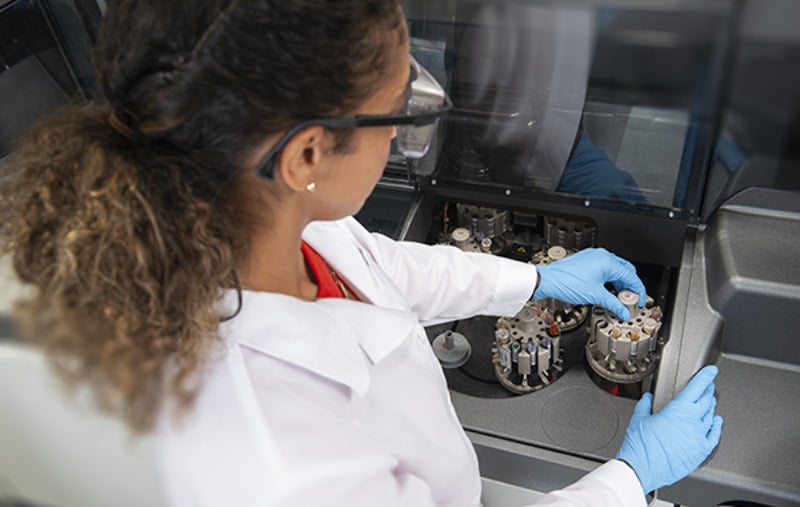
In-vitro diagnostics developer Ortho Clinical Diagnostics has received the European CE Mark for its VITROS NT-proBNP II assay, designed to help diagnose heart failure.
The test is also meant to enable risk stratification of acute coronary syndrome and heart failure.

Discover B2B Marketing That Performs
Combine business intelligence and editorial excellence to reach engaged professionals across 36 leading media platforms.
It can also be used to evaluate the increased risk of cardiovascular events and mortality in stable coronary artery disease patients, as well as heart failure severity in diagnosed patients.
VITROS NT-proBNP II measures N-terminal pro-brain natriuretic peptide (NT-proBNP), which is used as a biomarker to diagnose heart failure.
Ortho Clinical noted that NT-proBNP is not targeted by the angiotensin receptor-neprilysin inhibitors meant to treat heart failure. In addition, the biomarker is not a neprilysin substrate and is considered a better heart failure indicator than BNP.
The assay’s clinical performance was said to be demonstrated at three age-dependent rule-in cutoffs and at one age-independent rule-out cutoff. Previously, these cutoffs were validated in the NT-proBNP (ICON) and ICON Reloaded studies.

US Tariffs are shifting - will you react or anticipate?
Don’t let policy changes catch you off guard. Stay proactive with real-time data and expert analysis.
By GlobalDataOrtho Clinical Diagnostics product portfolio and marketing head Heidi Casaletto said: “We are committed to continued expansion of our cardiac offering with new and improved assays.
“With NT-proBNP II, clinicians can have confidence in test results to aid in diagnosis, assess severity and support the management of heart failure.”
In April, the company obtained the CE Mark for its VITROS High Sensitivity Troponin I assay, designed to aid clinicians in identifying patients suffering from a heart attack.
The assay can also be leveraged to determine patients at low-risk and may be safely discharged. This is expected to help cut care costs and reduce the burden on hospital resources.
Both these cardiac assays run on the company’s VITROS XT 7600 Integrated System, 5600 Integrated System, 3600 Immunodiagnostic System, and ECi/ECiQ Immunodiagnostic Systems.





